Market Analysis
In-depth Analysis of Educational Toys Market Industry Landscape
The Educational Toys Market operates within the dynamic landscape of children's play and learning, influenced by various factors that cater to the educational and developmental needs of young minds. A fundamental driver propelling this market is the growing awareness among parents and educators about the importance of play in early childhood development. As caregivers seek toys that foster cognitive, emotional, and social skills in children, the demand for educational toys remains consistently high. The market responds to diverse consumer preferences, offering a variety of toys that combine fun and learning to support different age groups and educational objectives.
Consumer preferences and educational philosophies play a pivotal role in shaping the educational toys market. With a focus on providing enriching play experiences, parents and educators seek toys that align with educational goals, whether it be promoting STEM (science, technology, engineering, and mathematics) skills, language development, creativity, or social interaction. The market caters to diverse educational approaches, offering options such as building blocks, puzzles, interactive games, and educational apps that align with different learning styles.
Economic factors significantly impact the educational toys market. As disposable incomes rise, consumers may be more willing to invest in high-quality and educational play items that contribute to children's development. Conversely, economic downturns may influence spending patterns, emphasizing the importance of offering a mix of affordable and effective educational toys to accommodate various budget considerations.
Technological advancements in toy design and interactive features contribute to the evolution of the educational toys market. Innovations such as augmented reality, interactive storytelling, and digital learning platforms enhance the educational aspects of toys. The intersection of technology and play results in toys that not only engage children in imaginative and educational activities but also cater to the preferences of parents seeking innovative learning tools.
Cultural influences and changing educational trends shape the educational toys market. As societal attitudes toward early childhood education evolve, brands may adapt their product offerings to align with changing educational philosophies. The market's diversity allows for a wide range of educational toy themes, from classic and timeless designs to toys inspired by popular media, reflecting the dynamic nature of children's interests and learning environments.
Regulatory considerations regarding safety standards and educational content are crucial in shaping the educational toys market. Adherence to regulations ensures that educational toys meet safety requirements, provide age-appropriate content, and contribute positively to children's development. Regulatory compliance is essential for building consumer trust and credibility within the market.
Demographic shifts contribute to changing trends in the educational toys market. As different parenting styles, cultural backgrounds, and educational priorities influence consumer preferences, brands may tailor their toy designs and marketing strategies to cater to the unique needs of various demographics. Additionally, the global nature of the market allows for the adaptation of educational toy content to regional languages and cultural nuances.
Environmental sustainability is emerging as an influential factor in the educational toys market. With increased awareness of environmental issues, parents are seeking toys made from eco-friendly materials, using sustainable manufacturing processes. Brands are responding by incorporating recycled materials, promoting ethical sourcing, and adopting eco-conscious practices to align with the preferences of environmentally conscious consumers.
The digital landscape plays a pivotal role in marketing and accessibility within the educational toys market. Online platforms, e-commerce, and educational apps serve as powerful tools for showcasing new toy releases, providing information on educational benefits, and facilitating direct communication between brands and consumers. E-commerce platforms offer parents the convenience of exploring a wide range of educational toys and making informed choices based on their children's interests and learning needs.


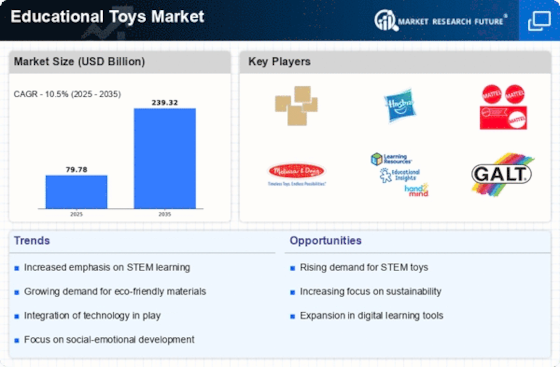
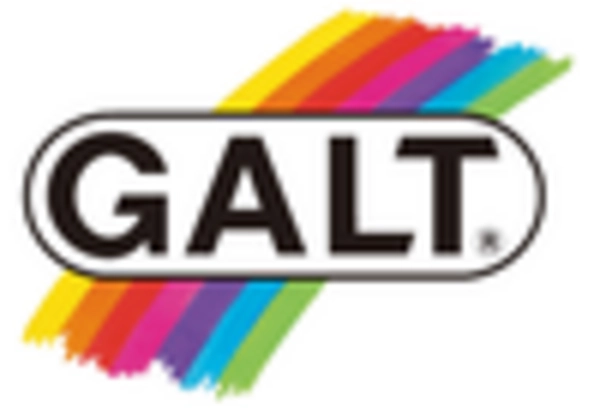
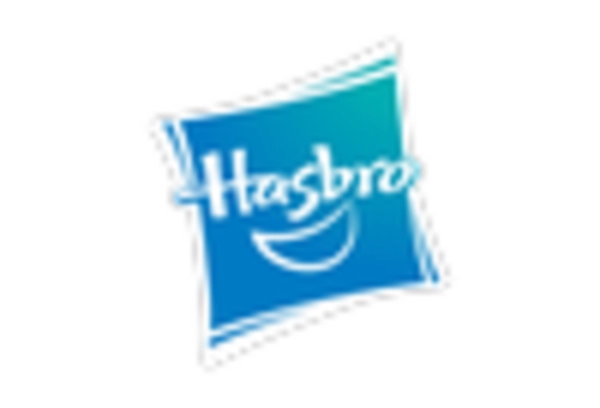

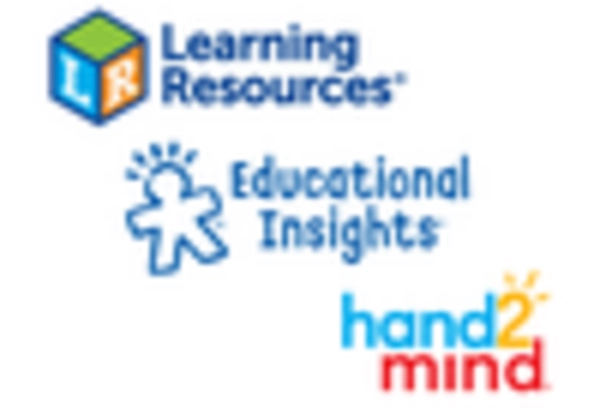

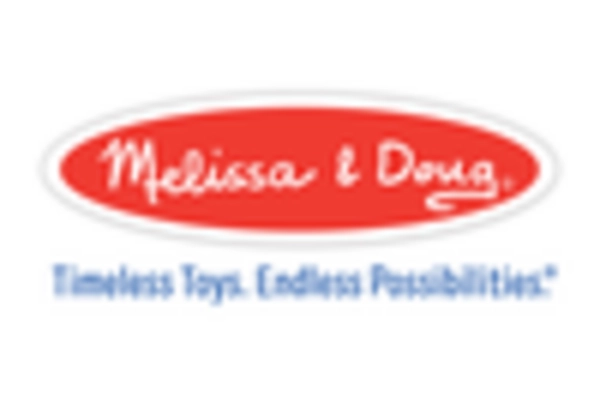









Leave a Comment